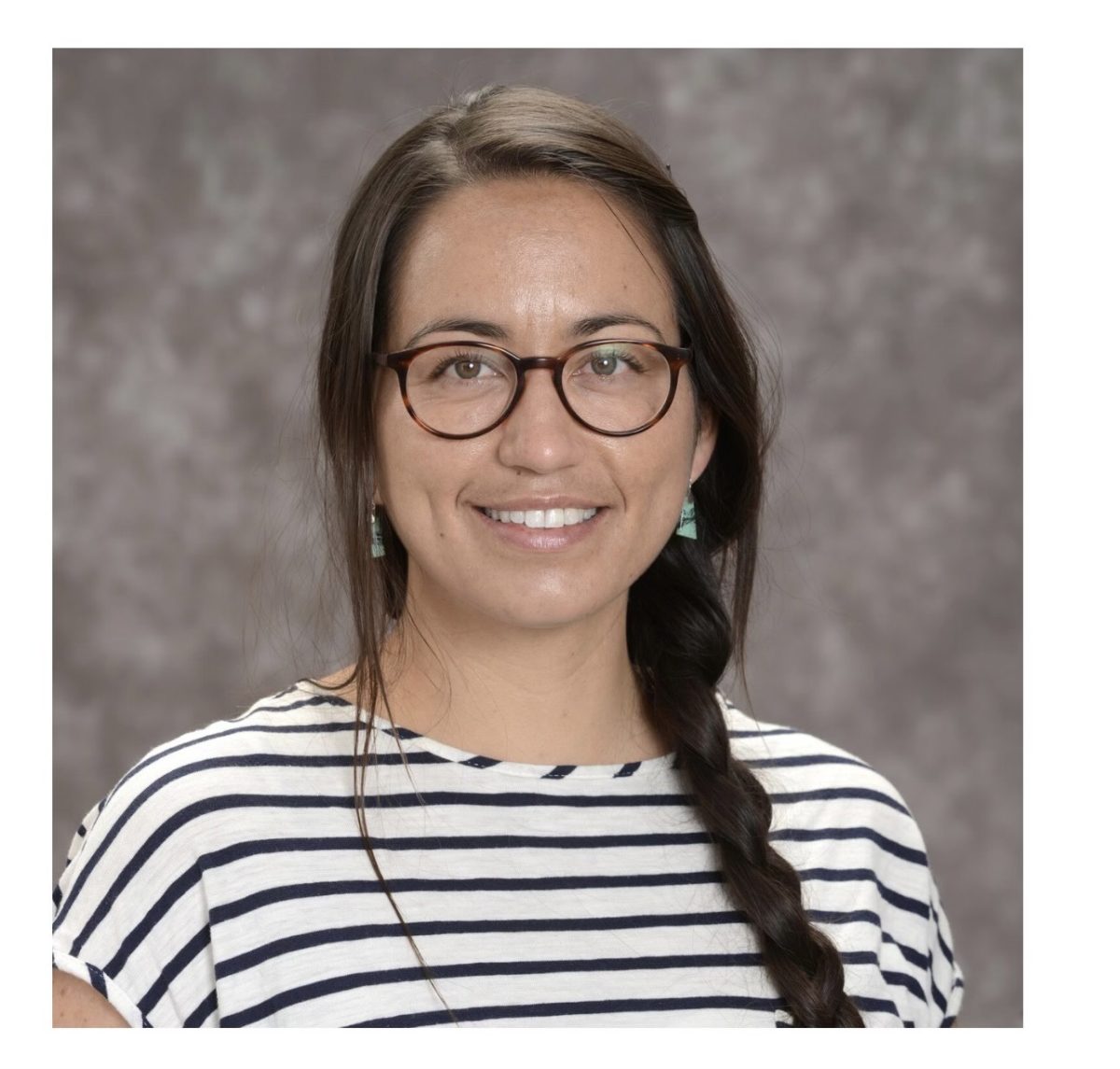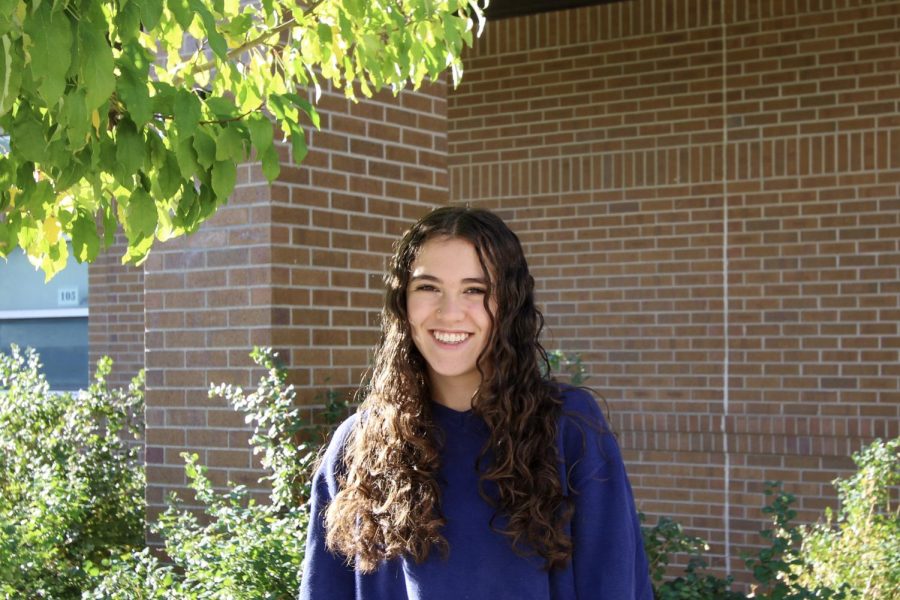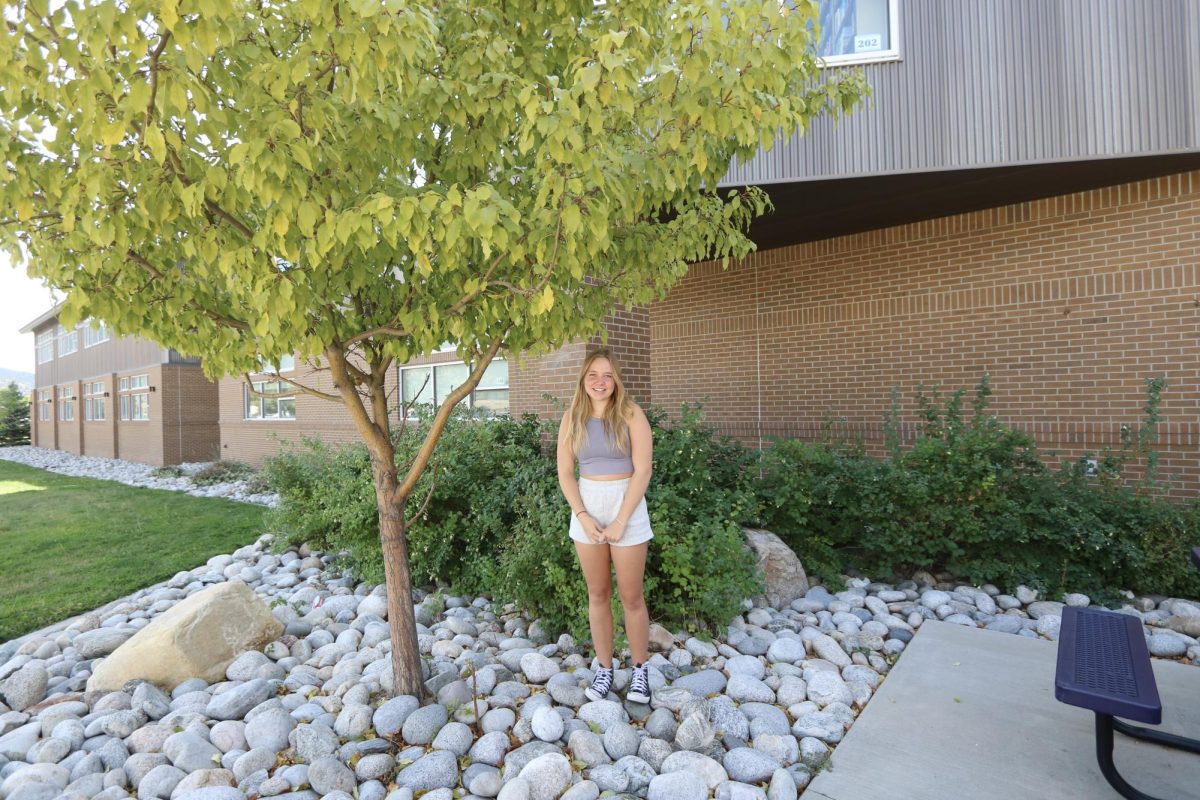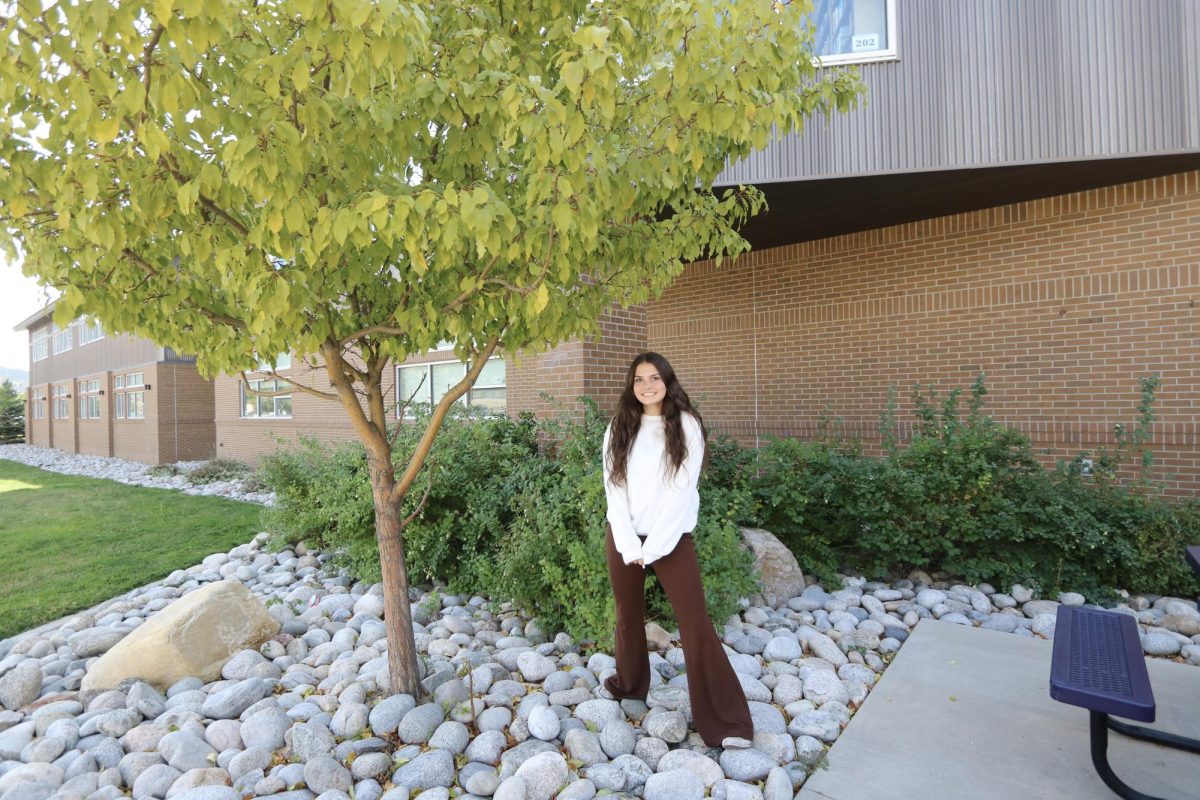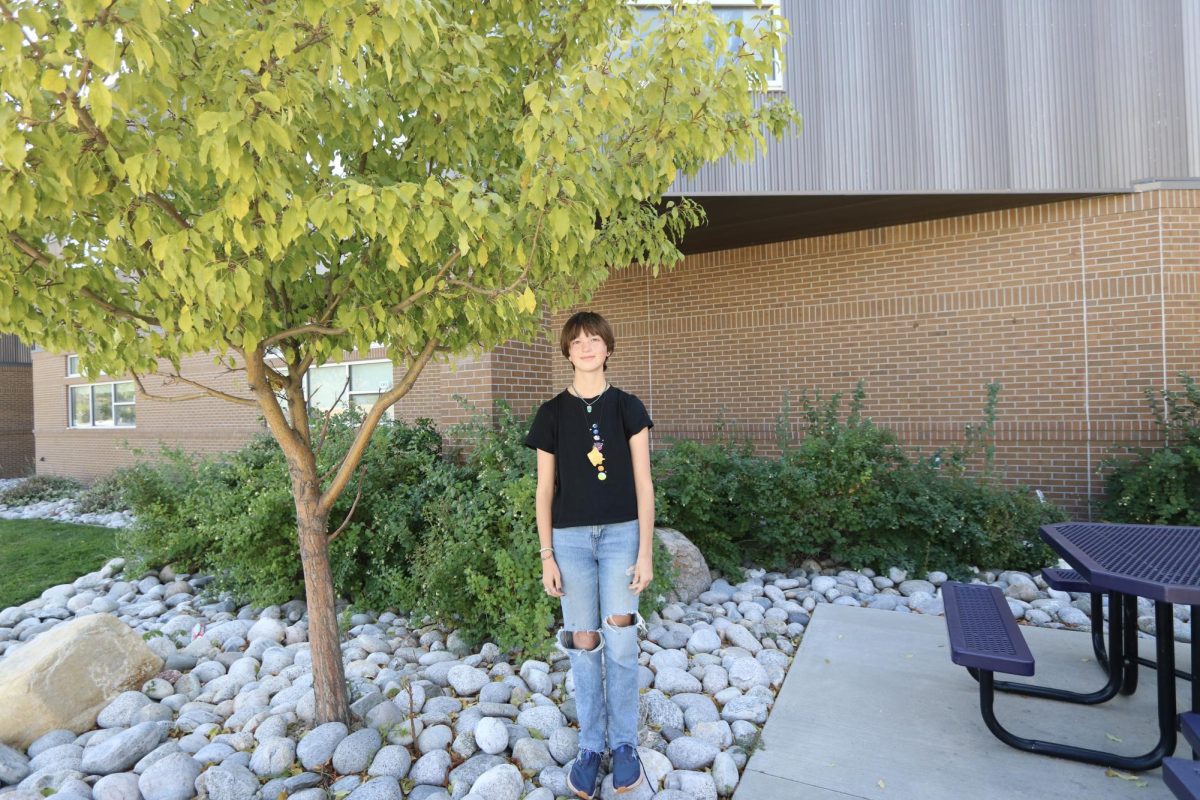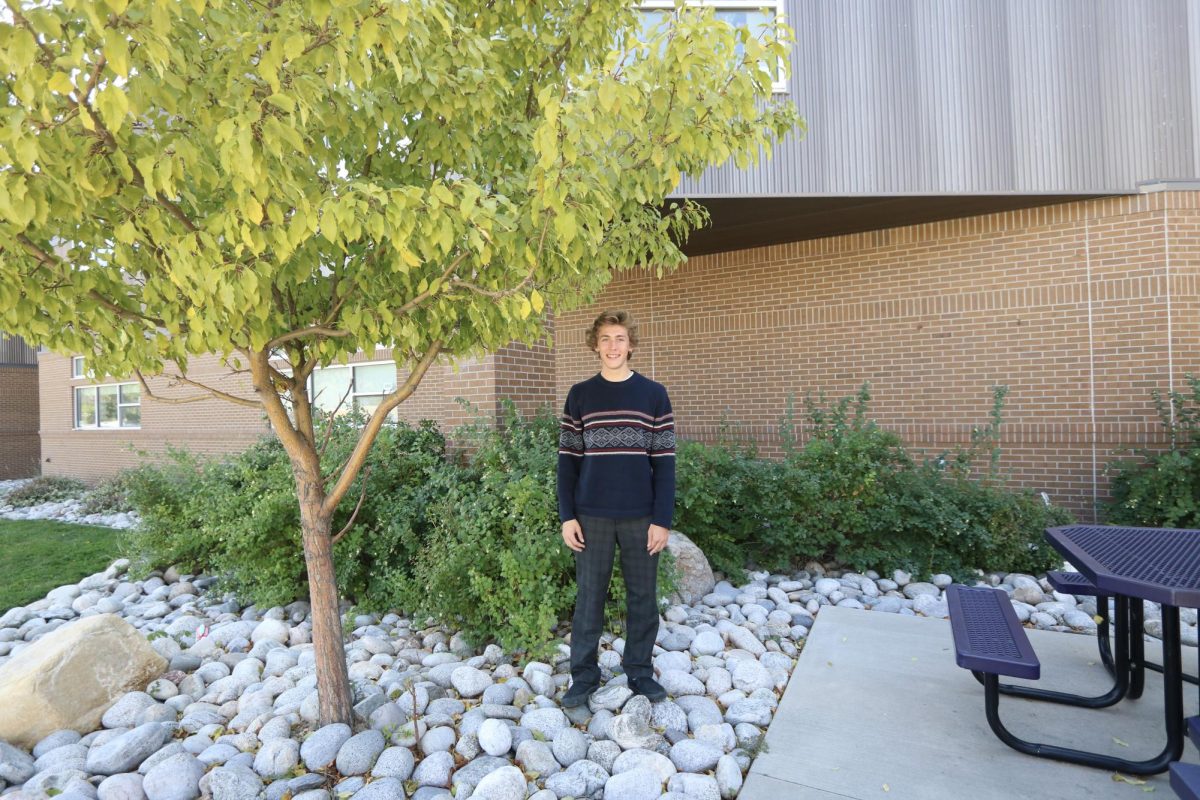This school year, the Salida Montessori Charter School has worked hard to make the shift from a five-day week to a four-day week. Making this transition has been extremely challenging for the teachers, which are called classroom guides in Montessori, and students alike.
The head guide of the secondary class, Kyra Alvez-Moats, has been teaching in public Montessori middle schools for ten years but has never had a four-day week, so this is a first for her. When asked if the four-day week was beneficial for her, Alvez-Moats said that it gives her more time to plan. With an extra day in the weekend, guides have the opportunity to prepare for the next week and still have two days of freetime.
However, there is a downside to this shift. In order to fit the necessary activities into the schedule, guides had to take out something. Because of the shift, secondary students lost around two hours of their work cycle each week. While it doesn’t seem like much time lost, Alvez-Moats was clear that students are affected by the decrease in work time.
“We’re figuring out […] how does the curriculum need to adjust,” Alvez-Moats said.
Alvez-Moats also needed to remove the 2022 electives program, which allowed students in lower elementary through secondary classes to choose a four-week class taught by a professional or secondary student. In place of electives, a music program has been set up for secondary students.
“Up until now, it’s [the different classes] been all together because Tina was still figuring out […] who the specialist was that was coming in, what kind of art they were going to do, what kind of art Tina was going to do with the rest of the students,” Alvez-Moats said.
After the Montessori’s art teacher, Tina Gramann, figured out who would teach the music program, the students took a survey and decided that for four weeks, the class will be split into two “creative expression” classes. Each semester, students will choose which cycle they will do music, and there will be different music classes offered each cycle. In the first semester, the music option for cycle one is an instrumentalist class for students who own an instrument and would like to play at the Montessori’s annual Holiday Tea. In cycle two, local musician Megan Lombardo will be teaching choir.
In order to have students in school for as long as they can, the length of the school year also had to undertake some adjustments. The fall and winter breaks were taken out of the year’s schedule, and the school day starts fifteen minutes earlier and ends twenty minutes later. Other than that, the school year was extended to be one week longer than previous years.
Having another day of the week has many drawbacks and benefits for students and classroom guides alike. However, it’s clear that everyone in the Montessori’s secondary classroom is glad to have an extra day in the weekend.

